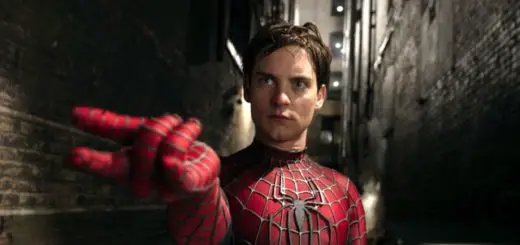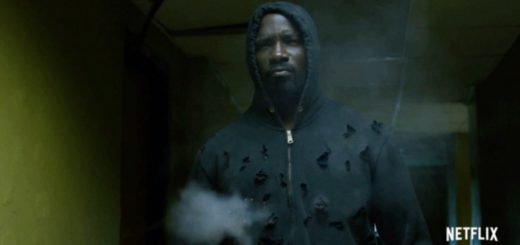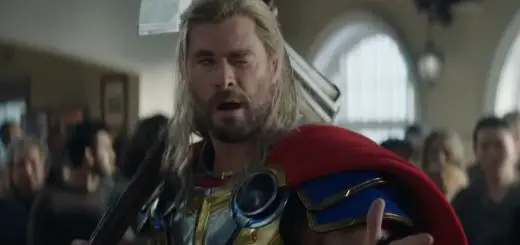Let’s Talk about Loki Season Two Episode Six
Be careful what you wish for.
In the case of Loki, you might get it and thereby reveal your Glorious Purpose.
Yes, we officially come full circle as Loki concludes its second season.
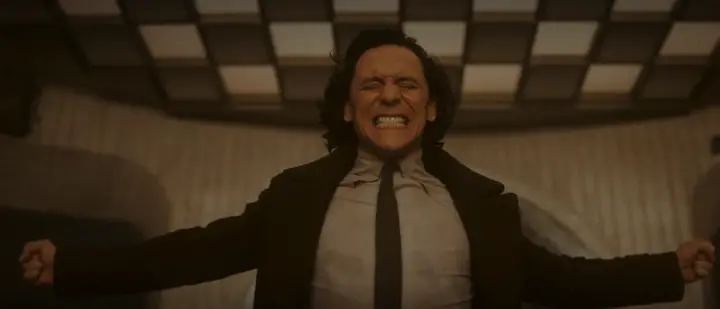
Image: Marvel
This year’s season finale shares the same title, Glorious Purpose, as the series premiere.
There’s a hidden meaning in that once you get the joke.
So, let’s talk about Loki season two, episode six, the one where Kang dies a lot.
For All Time. Always.
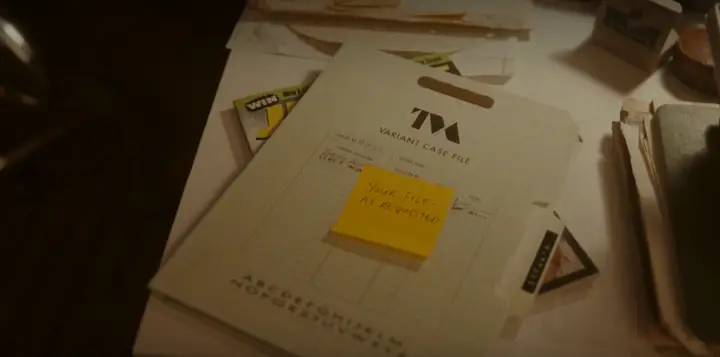
Image: Marvel
We start this week with Victor Timely dying screaming. You should get used to it.
After only a few moments, the purpose of this story becomes clear. Loki learns to control his Time Slipping and attempts to rewrite history.
The God of Mischief now cares about the survival of humanity, especially his friends at the Time Variance Authority (TVA).
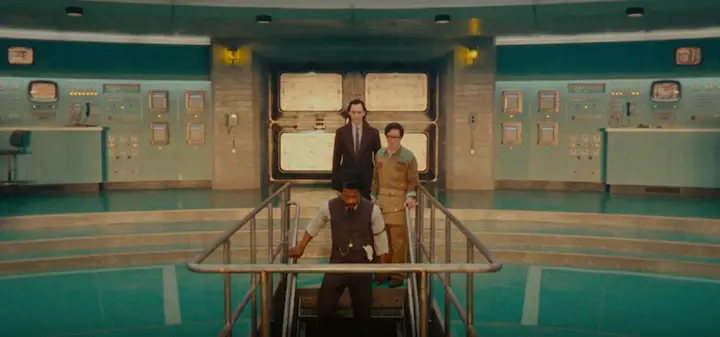
Image: Marvel
Loki does what he can to aid Victor Timely in his attempt to use the Throughput Multiplier to control the branches that threaten the Sacred Timeline.
While the confused TVA members watch, Loki appears earlier and earlier in the spaghettification sequence.
Each attempt ends the same, with Timely screaming in horror and agony. So, Kang and Jonathan Majors haters both get their wish in this episode.
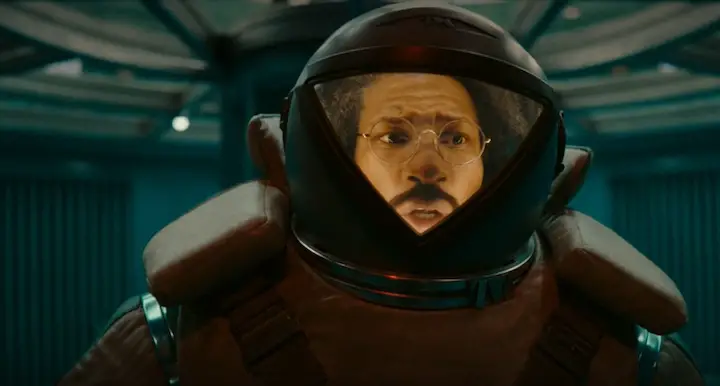
Image: Marvel
Loki grows so desperate that he runs to Miss Minutes, who is currently trying to convince others to join her cause.
The discouraged would-be hero asks her to assist with the quicker construction of the Throughput Multiplier.
Nothing works during what is an absolutely hysterical Groundhog Day callback.
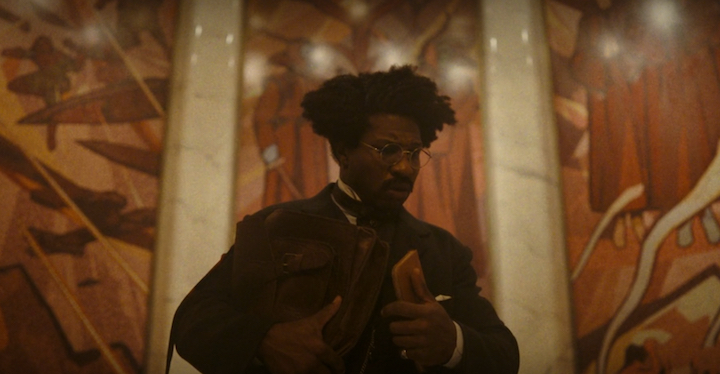
Image: Marvel
After recognizing that he cannot go back far enough to save Timely under the current strategy, Loki adopts a new approach.
He asks Casey and Ouroboros to educate him on the inner workings of the Loom, the Throughput Multiplier, and the TVA itself.
This takes centuries. No joke.
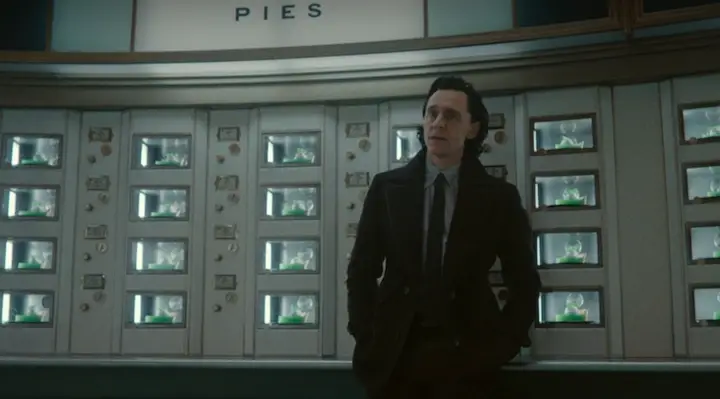
Image: Marvel
Eventually, a more confident Loki runs through the sequence again, and the dialogue is impeccable.
In a few brief words, Loki relays to the viewer that he has (repeatedly) watched Timely die due to failure to tape his right thumb, left knee, and faceplate.
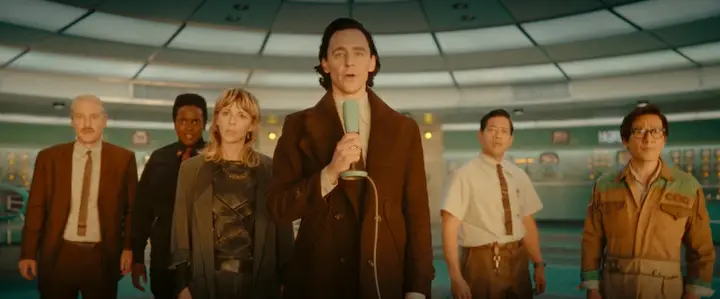
Image: Marvel
Also, the first step has a tripping hazard, the green button on the exterior machine sticks, and Timely should not set down the Throughput Multiplier.
Victor Timely has had a brutal 200 years.
For All Time. Always.
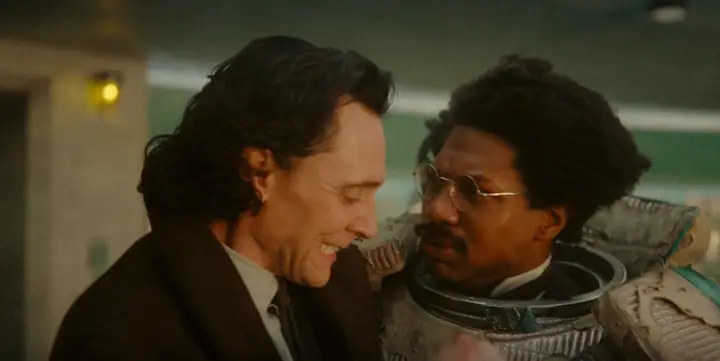
Image: Marvel
Ultimately, after thousands of attempts, Timely succeeds.
Loki doesn’t know how to react, as this has never happened before. Almost immediately after the joy washes over his face, it vanishes again.
While the Force Multiplier has performed its duty, it’s not a viable fix. The question involves scale.
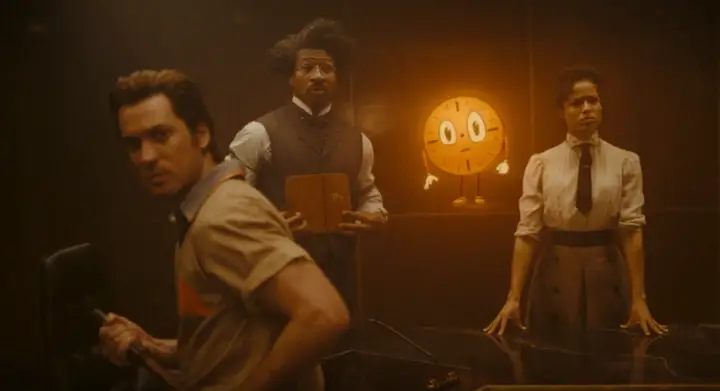
Image: Marvel
Soon afterward, Timely deduces that you cannot adjust for infinite possibilities. “It’s like dividing by zero.”
Loki recognizes that he must Time Slip to a different moment, one he’d rather avoid. He jumps to the Citadel at the End of Time.
Loki arrives just as Sylvie prepares to kill He Who Remains, whom I will continue to call Kang.
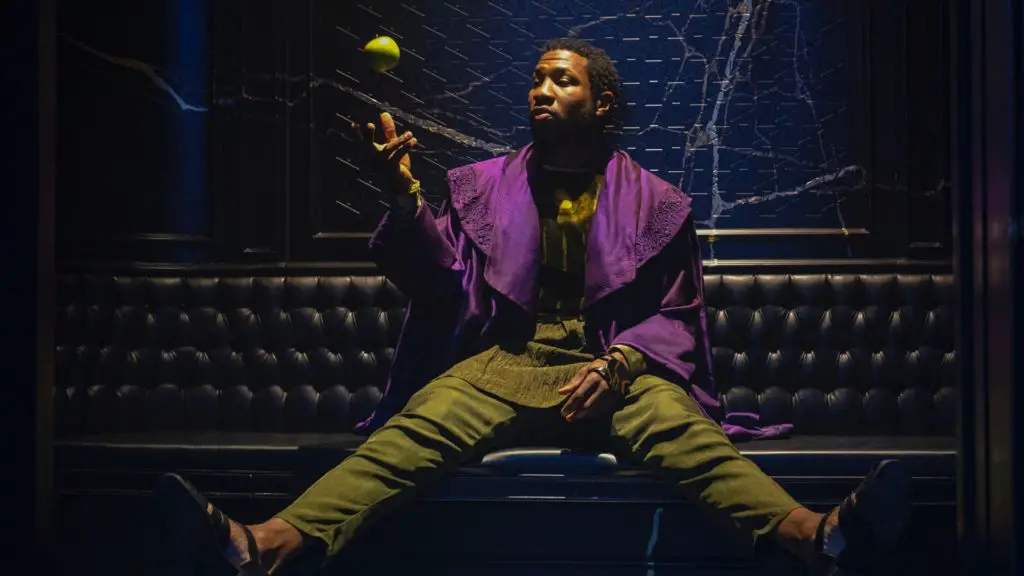
Source: Marvel Studios
If Loki is to save the TVA, he may have to kill Sylvie himself. At a minimum, he must prevent her from fracturing the timeline.
As the God of Chaos processes this information, something shocking occurs.
Kang deduces what he’s witnessing and, for lack of better terminology, pauses Sylvie…but not before she kills him several more times.
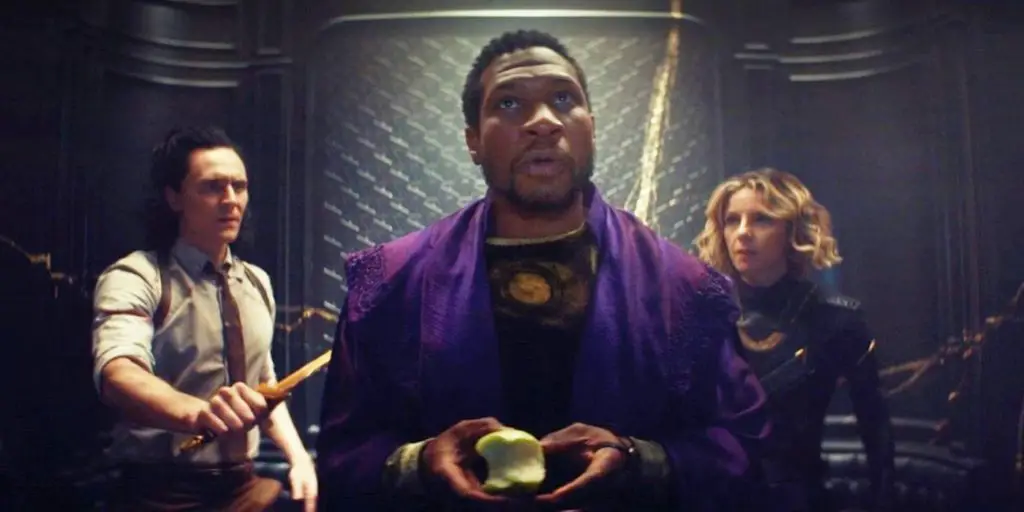
Source: Marvel Studios
Sylvie incorrectly believes that Loki is doing this for a throne, which isn’t correct, but with the benefit of hindsight, well, it’s curious…
Meanwhile, the nearly omniscient Kang experiences something rare: curiosity. He doesn’t know what Loki is doing.
The pause occurs when a frustrated Loki turns to He Who Remains and asks, “Why do you never try to stop her? Fight back? Do something?”
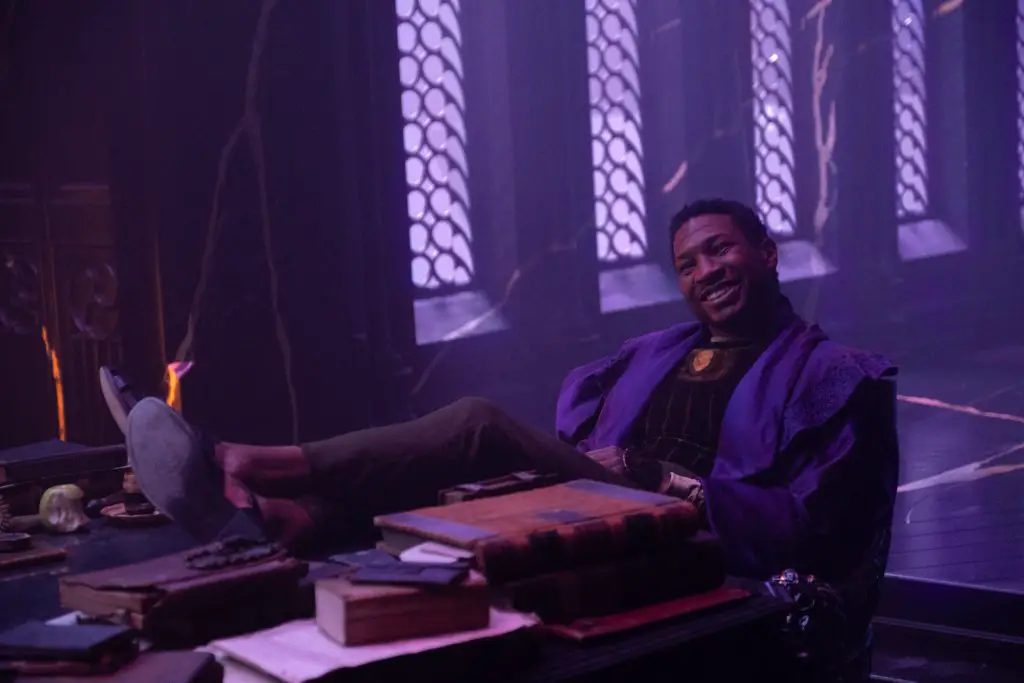
Source: Marvel Studios
That’s when the siren rings for Kang, who wants to know what Loki means.
Alas, Kang says too much here. He diminishes Loki for repeating the Time Slipping this often without learning how to “pause time.”
Kang also indicates that he’s the one who “paved that road” in reference to Loki’s Time Slipping.
For All Time. Always.
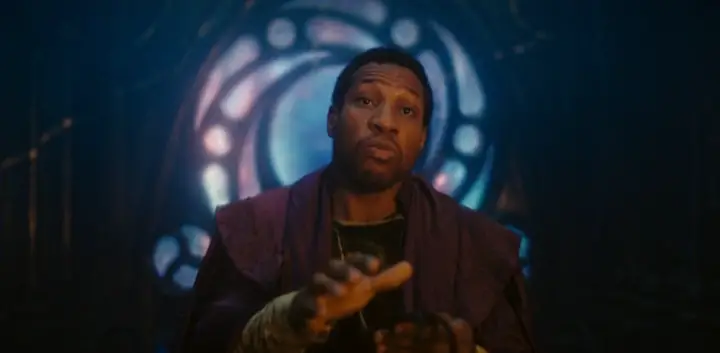
Image: Marvel
While Kang guesses they’ve had the conversation before, he underestimates Loki here.
Loki recites a quote from a T.S. Eliot poem. “We die with the dying. We’re born with the dead.”
Those words come from Little Gidding, one of a series of poems about time, perspective, humanity, and salvation.
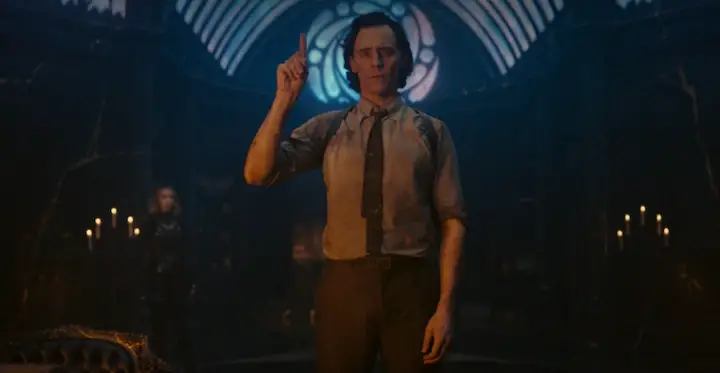
Image: Marvel
This particular poem includes a secondary message, as Little Gidding was a community that was torn down and then re-raised multiple times.
If you’ve watched this episode, you already understand how apropos this quote is.
Eliot used it as a metaphor during World War II, and it exemplified his belief that society must suffer before new life could begin.

Image: Marvel
In this moment, Loki mentally opens the pathway to a new outcome, one He Who Remains wouldn’t have thought possible.
Meanwhile, Kang tells Loki that they should speak after another 2,000 rounds of this particular time loop involving Sylvie, who reappears.
This time, Loki pauses time and dismisses his variant. He punctuates his action by stating, “And what makes you think this is the first time we’ve had this conversation.”
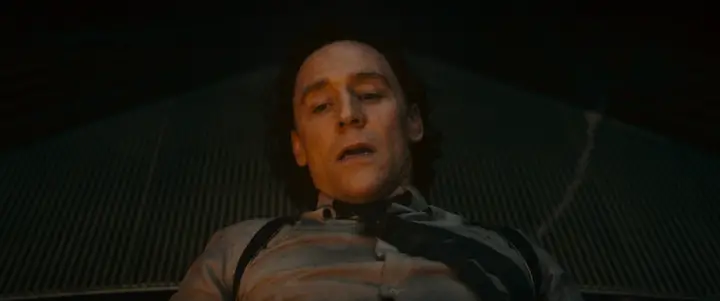
Image: Marvel
That’s really good. I loudly reacted to that while watching the first time.
Kang reconsiders and credits Loki, describing him as “my favorite.” The master of the Citadel at the End of Time remains smug, though.
Kang gradually reveals that the TVA is his “failsafe,” a method to ensure that the Sacred Timeline remains no matter what.
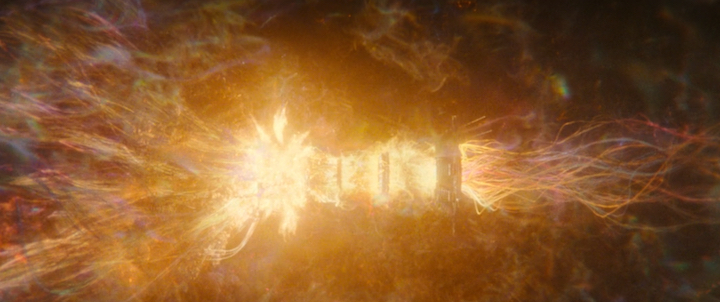
Image: Marvel
We’re starting to appreciate the significance of “He Who Remains” as a designation.
In fact, Kang once again dismisses Loki by stating, “The outcome to this equation remains, it remains the same.”
This is the same bit of logic that got The Matrix Reloaded in trouble. He Who Remains is apparently the remainder in the equation, as Neo was The One.
For All Time. Always.
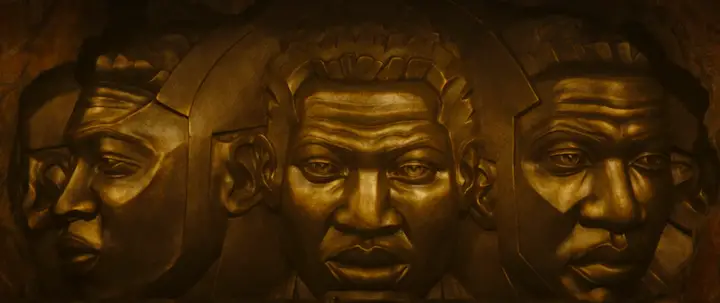
Image: Marvel
Kang describes his plan as “reincarnation” and views the TVA as his insurance policy that ensures someone like Sylvie cannot just show up and kill him.
Nothing that happens would ripple to the Sacred Timeline.
That’s because the Temporal Loom automatically deletes all the non-Sacred Timeline branches and the TVA, which Kang describes as collateral damage.

Image: Marvel
While still condescending, Kang is treating Loki like more of an equal. He Who Remains believes that he still holds all the cards, though.
From his perspective, Loki only has two options here.
The first is to kill Sylvie, an action Loki doesn’t want to believe he’s capable of doing.

Image: Marvel
A second idea appears as Loki evaluates the décor of Kang’s throne room. He notices some giant threads linking to the Sacred Timeline.
Loki indicates that he’ll break the Loom, which Kang quickly counters is what prevents a brutal war with his variants, all of whom are “already out there.”
Kang claims that he “makes the tough choices” and that’s why he gets the big chair, which is the Citadel’s throne.
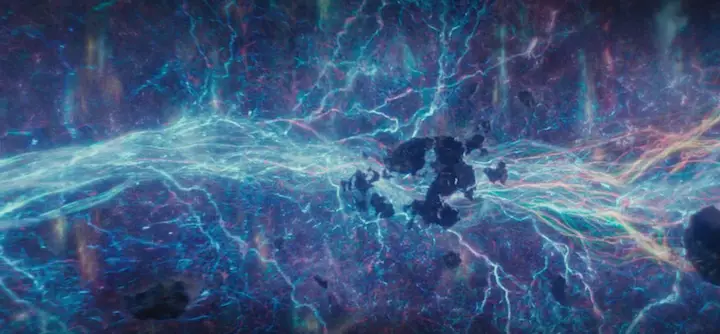
Image: Marvel
“No. I’ll find another way.”
When Loki states this, He Who Remains hangs his head in disappointment and summons Sylvie.
Then, he dares Loki to make the hard choice and destroy the Loom. There’s also an implied offer that if Loki kills Sylvie, the two men can become allies.
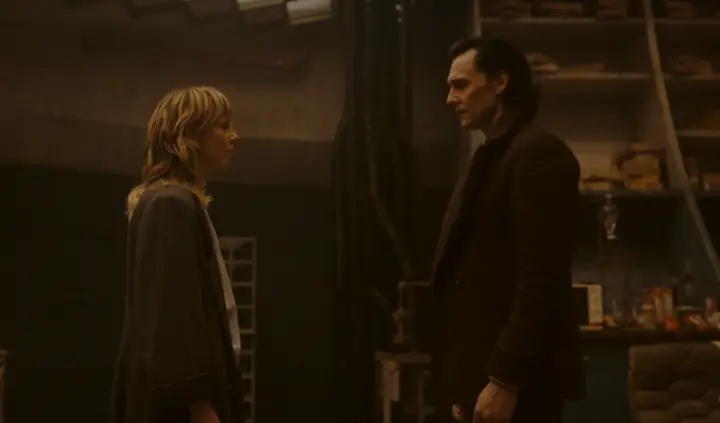
Image: Marvel
At this point, Loki Time Slips to where this story began. It’s the opening interview between Mobius and Loki, the one about what makes the criminal tick.
“Mobius, I need your help. How do you choose who lives and who dies?”
For All Time. Always.
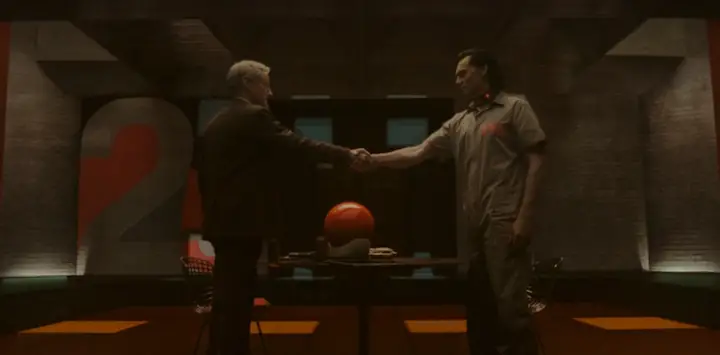
Image: Marvel
Mobius relays an anecdote about two unnamed TVA agents who receive an assignment. They must prune an eight-year-old.
One of the agents hesitates for the first time in their career. The other performs the assignment.
The latter agent is Ravonna Renslayer, while the former is Mobius, which implies that the father’s lingering memories of his two sons caused his inaction.
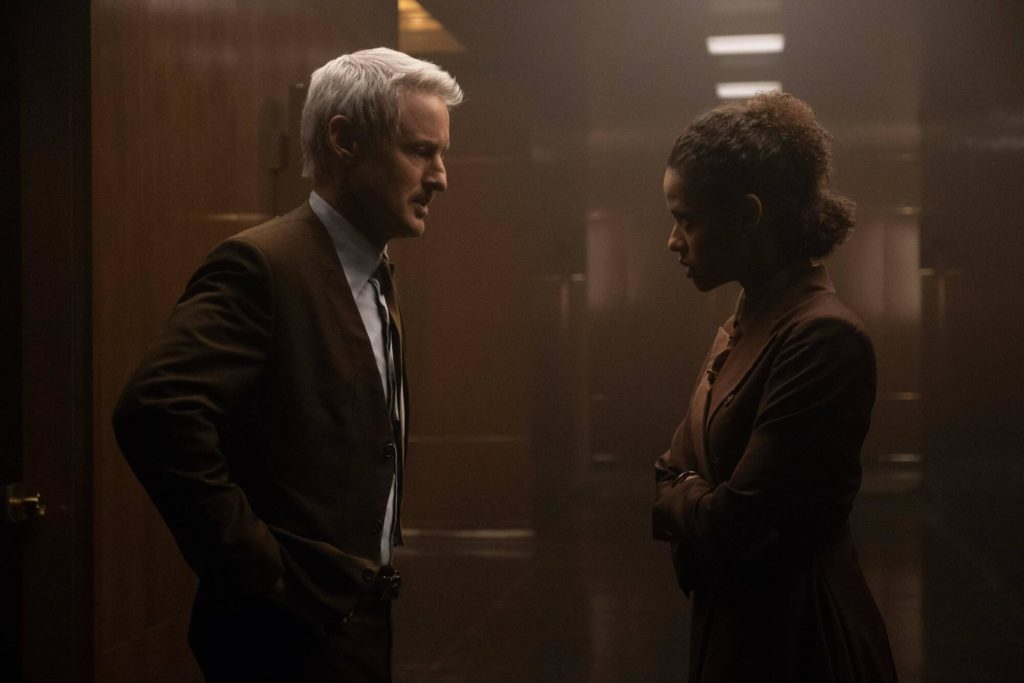
©Marvel Studios 2021. All Rights Reserved.
Mobius adds that Ravonna is “the reason (Loki is) here instead of dust in a TVA vent.”
While we get zero closure on this revelation, it leads to at least one interpretation where Ravonna might be doing the same thing as Loki.
She could feasibly be Time Slipping to find a moment where she can end Kang’s reign as well.
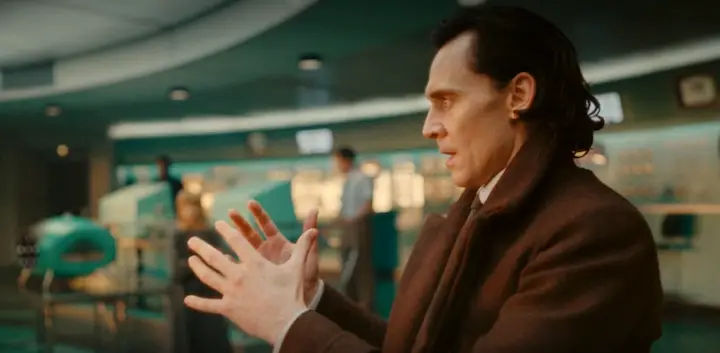
Image: Marvel
Mobius describes her by saying, “She knew the hard thing to do was the thing that had to be done.”
Those are the words Loki needed to hear. He thanks his friend, who had theoretically met him only moments before.
Then, Mobius turns to spaghetti. Afterward, the scene returns to the end of the previous episode when all of Mobius’ allies suffered the same fate.
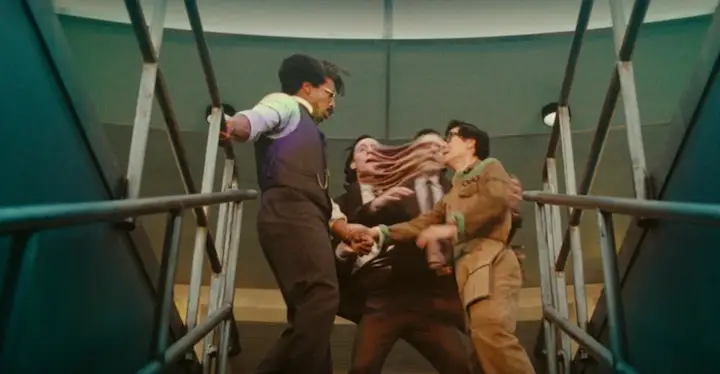
Image: Marvel
When the only two who remain (see what I did there?) are Sylvie and Loki, he explains that they are currently outside of time.
Sylvie quickly deduces that the only way to save the Sacred Timeline is for Loki to kill her.
“I’m not giving you my blessing if that’s what you’re waiting for.”
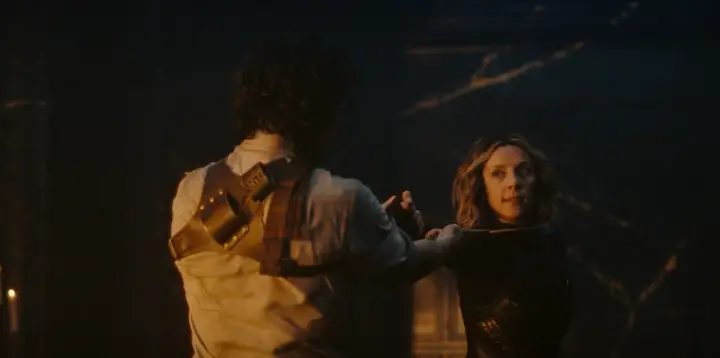
Image: Marvel
Sylvie counters that Loki would be “the god who takes away everyone’s free will” if he does what he’s contemplating.
“You’re replacing one nightmare with another. I grew up in apocalypses, Loki.
“I’ve lived through enough of them to know that sometimes it’s okay to destroy something.”
For All Time. Always.

Image: Marvel
Loki makes his choice and Time Slips for the final time.
The God of Mischief chooses the path of heroism, albeit one that will lead to all-out multiversal war.
In a stunning visual that pays tribute to Norse mythology, Loki appears at the spot where Victor Timely has died so many times.

Image: Marvel
He takes one last moment to speak to Sylvie, stating “I know what I want. I know what kind of god I need to be. For you. For all of us.”
Loki exits the safety of this facility and exits to the highly irradiated exterior.
Loki does not turn to spaghetti.

Image: Marvel
No, something much more remarkable happens. His suit frays in the face of the intense conditions, but a crown gradually appears on his head.
Then, as the horns grow, Loki suddenly ages as if he might die, but he doesn’t. Instead, he shatters the Temporal Loom.
Then, the God of Mischief takes on a different title. He grabs threads of the lost timelines and injects them with his magic.
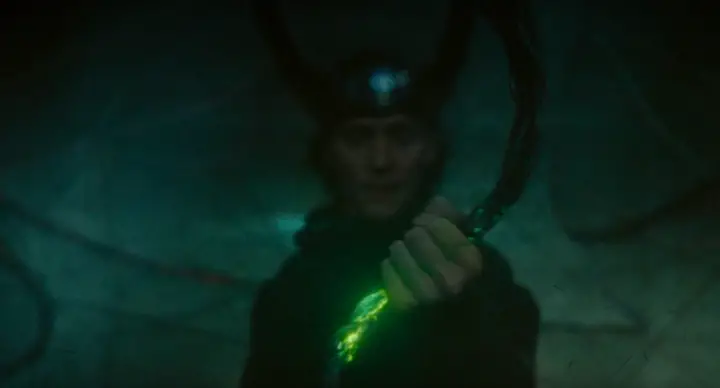
Image: Marvel
By sheer force of will, Loki saves entire universes and eventually tethers them into a new place. It’s his Green Citadel at the End of Time.
Loki creates a throne and achieves his glorious purpose. Loki is He Who Remains, at least in this place.
In the process, Loki builds Yggdrasill, the World Tree from Norse mythology that connects the Nine Realms. That’s a lovely touch.
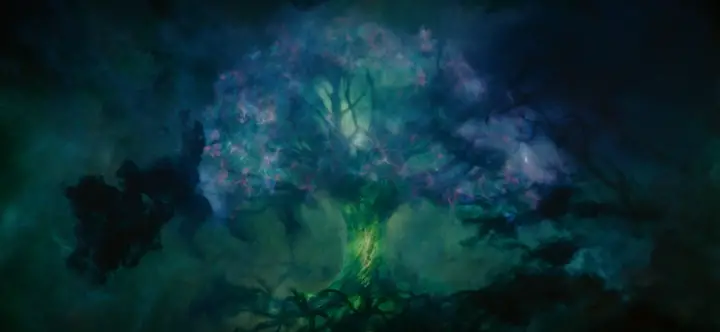
Image: Marvel
The internet is currently raging with debates about whether this Citadel exists as a replacement to Kang’s or as a hidden timeline Kang can’t see.
What we know for sure is that Loki saves his friends, as Sylvie, Casey, Mobius, Ouroboros, Victor Timely, and Hunter B-15 watch this happen.
For All Time. Always.
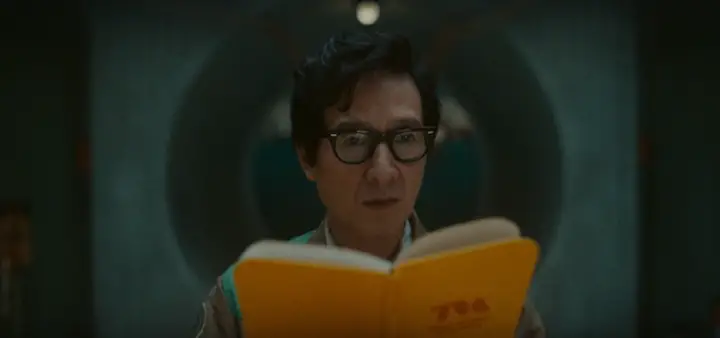
Image: Marvel
In fact, the sustained existence of Loki’s friends proves vital. Three of them become the foundation of the new TVA, the one loyal to Loki.
This organization’s mission statement varies slightly in that they’re only searching for one group of variants: those of Kang.
Hilariously, O.B. recreates Miss Minutes, whom Hunter B-15 worries will try to kill them all. O.B. does NOT reassure her by dismissing the possibility.
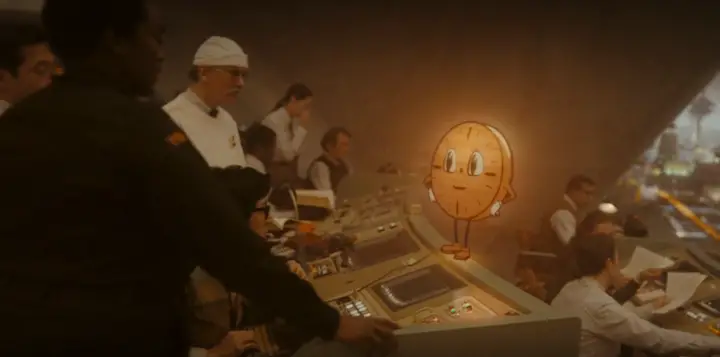
Image: Marvel
For his part, Mobius isn’t one of the three. He informs B-15 that he has other plans. Similarly, Sylvie obviously isn’t staying at a place she hates.
The resolution of Victor Timely’s status isn’t shown on screen, although we do witness the creation of the second edition of the TVA Handbook.
A young Victor Timely doesn’t receive this particular book, thereby altering his fate. Make of that what you will.
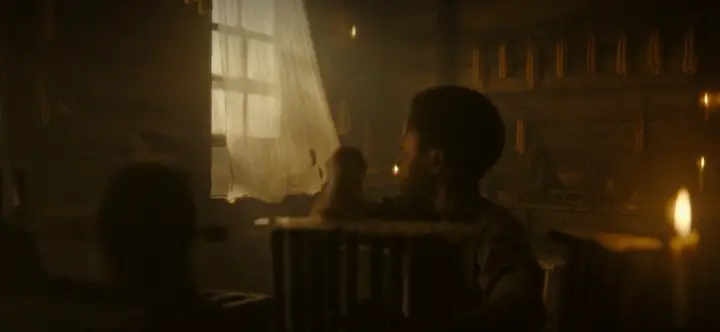
Image: Marvel
We also learn that Ravonna has found herself trapped in that nether realm where Alioth rules.
I fully expect her to take control of that thing one day soon.
Finally, Sylvie and Mobius reunite at the original Mobius’ house, where he’s playing with his two sons.
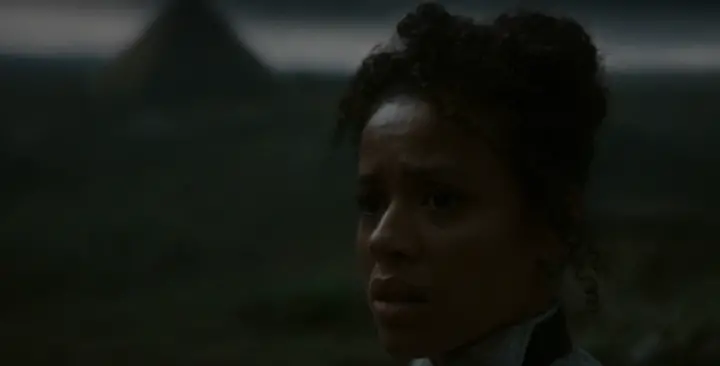
Image: Marvel
The two speak for a moment about missing Loki before Sylvie leaves. Mobius chooses to watch his other self for a while longer.
Sitting on a throne at the Citadel at the end of Time, we see a content Loki watching his friend, whom he has given free will, along with the rest of existence.
He rules these many timelines for all time. Always.
Final Thoughts
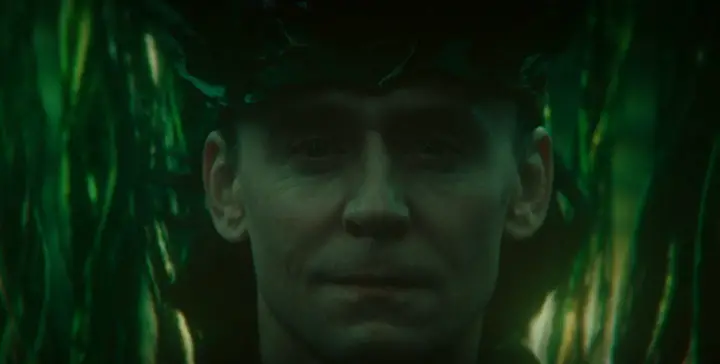
Image: Marvel
We’ll obviously be talking about the Loki finale for a long time to come, especially as we connect the dots to other MCU stories.
For now, all I want to emphasize is what a brilliant episode of television this was and how well-considered the entire season was.
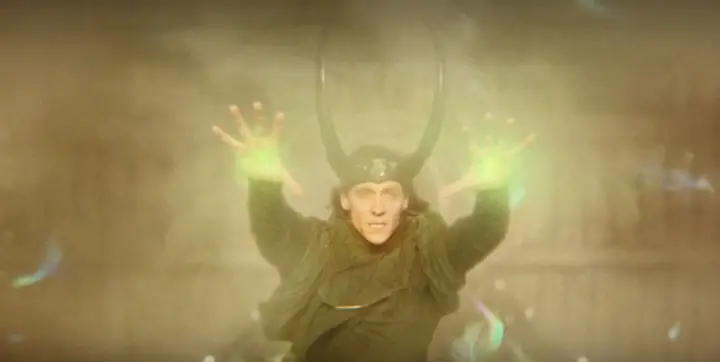
Image: Marvel
You can look at the first four episodes of season two as a single time loop, followed by the next two as a different time loop, and arguably a breaking of all time loops.
Then, the two-season run of Loki also doubles as a time loop. We start with Glorious Purpose, and we end with Glorious Purpose.
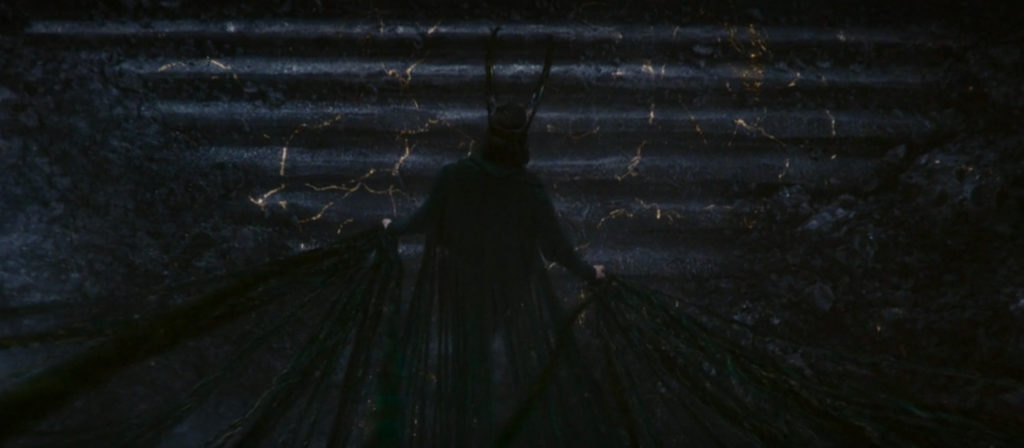
Image: Marvel
There’s a daring plan in place here, and Loki’s producers deserve to take a victory lap for what they’ve achieved here.
Loki embodies the best of Marvel.

Thanks for visiting MarvelBlog.com! Want to go to Disney? For a FREE quote on your next Disney vacation, please fill out the form below, and one of the agents from MickeyTravels, a Diamond-Level Authorized Disney Vacation Planner, will be in touch soon!
Featured image: Marvel


